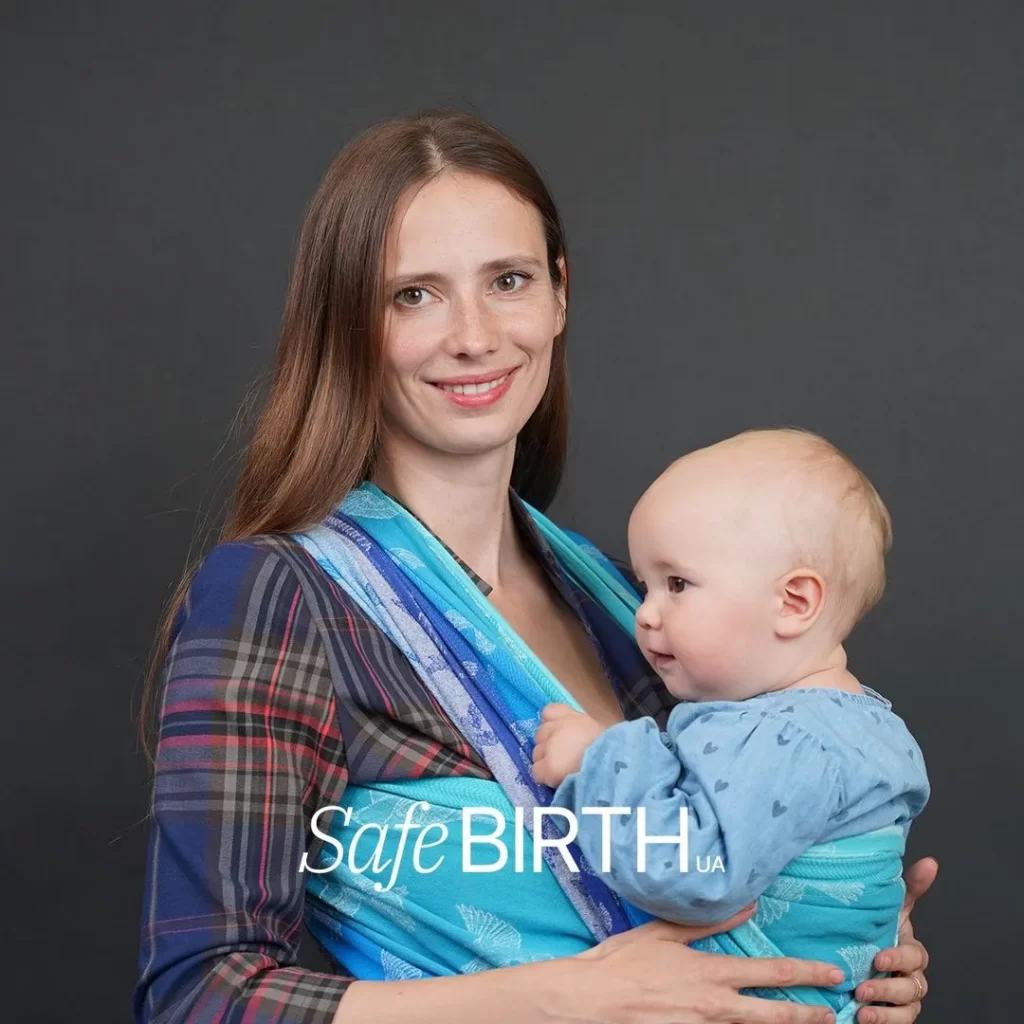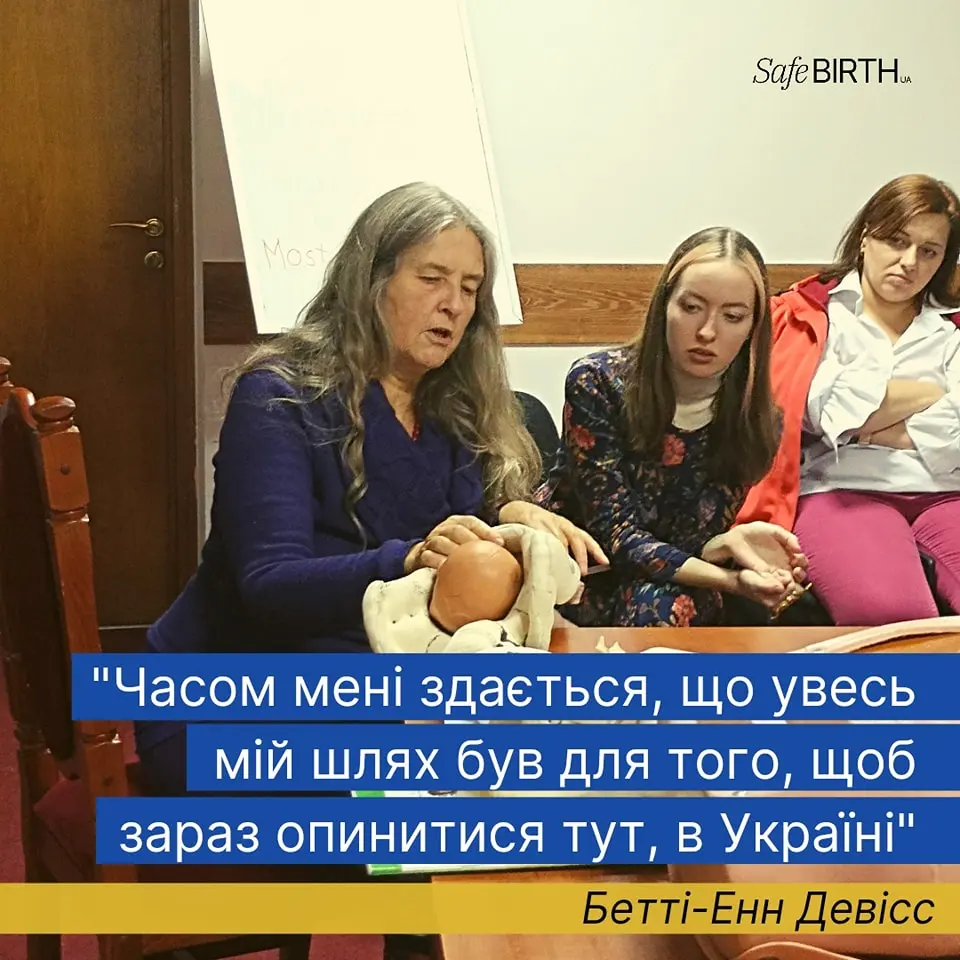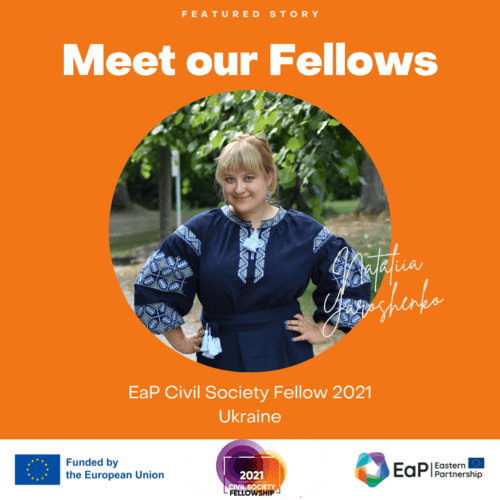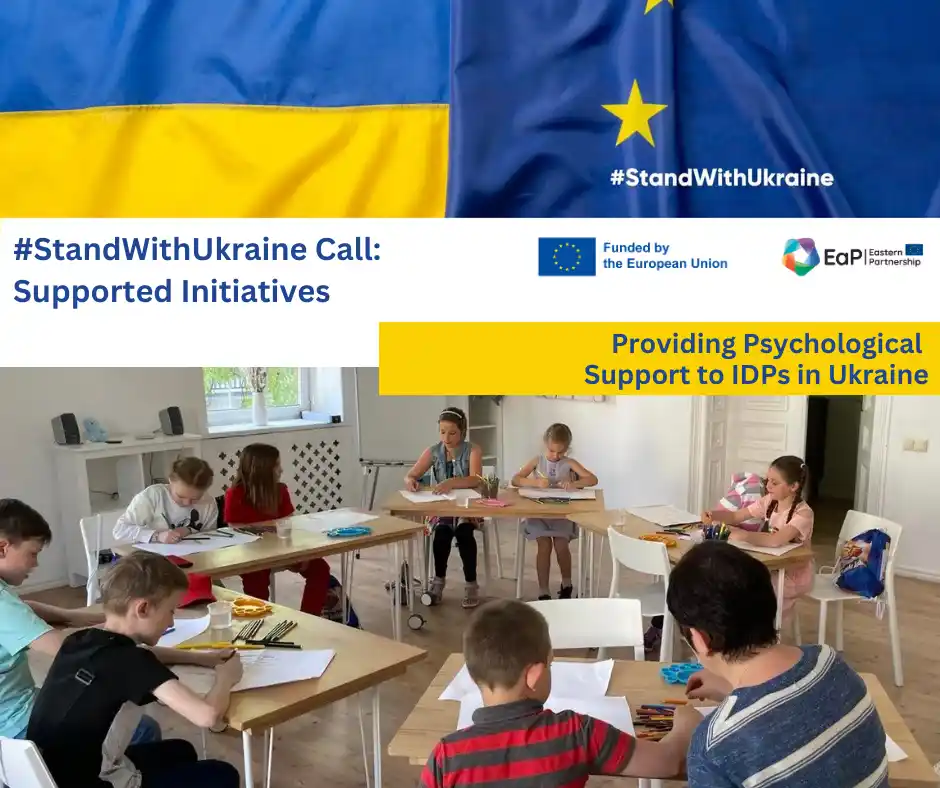
For most women it is very hard to imagine being pregnant in the middle war, surrounded by incredible turmoil and fear. And yet this is what many Ukrainian women have been going through since February 2022. Stress related factors hugely influence the outcome of pregnancy, birth and postpartum recovery. In a time when no region in Ukraine is truly safe from Russian missile attacks and military operations, pregnant women are especially at risk. In the first weeks of the full scale invasion of Ukraine, many women were often obliged to give birth outside medical facilities, delivering their babies in subways, basements, etc. Providing information about delivering outside a medical facility became of crucial importance. Knowing what to do if you are pregnant and cannot reach a hospital can be a matter of life and death. And although many pregnant women found a temporary home in calmer regions in the west of Ukraine or abroad, many remain in dangerous areas and in very difficult situations.
It was in this context that Viktoriya Luchka, 2017 Eastern Partnership Civil Society Fellow, decided to support women giving birth without professional medical care. However, new needs and challenges arose with the advancement of the war, and Viktoriya and her team changed their focus. They worked to support all pregnant Ukrainian women and their partners, regardless of their current residence, by providing them with relevant and reliable information about pregnancy, birth and the postpartum period that could help a woman prepare to give birth under any changing circumstances (for example, change of doctor or midwife, new city or country, or even how to decide whether it is safer not to leave the current location and give birth outside a hospital).
Within 6 months through various means – instructional videos, a ready-to-print brochure, stories in national media and webinars with the leading perinatal experts – the team reached over 5,000 women. The webinar with French obstetrician and childbirth specialist Michel Odent was attended by 600 participants – and twice as many people registered for it!
“I was giving birth in Poland, and everything was impossible to understand. I think I read the information on your website and doctor Alina’s texts one hundred times… Thank you a lot. That was definitely helpful. I’m waiting for more information about new-borns. Luckily I don’t have problems with breastfeeding, but now I know where to look,” says Ukrainian young mother in her message to the team.
 What started as a #StandWithUkraine initiative of several engaged civil society activists has developed into a full-scale civic and community movement in Ukraine, SafeBirthUA, that educates perinatal health professionals and future parents, and aims to transform the midwifery system in Ukraine so that Ukrainian women can give birth safely with a trained midwife in any environment. For example, in September 2022 SafeBirthUA team organised two Emergency Skills Workshops in Lviv with Canadian world-renowned midwife Betty-Anne Daviss for 64 midwives and obstetricians from the frontline cities of Ukraine.
What started as a #StandWithUkraine initiative of several engaged civil society activists has developed into a full-scale civic and community movement in Ukraine, SafeBirthUA, that educates perinatal health professionals and future parents, and aims to transform the midwifery system in Ukraine so that Ukrainian women can give birth safely with a trained midwife in any environment. For example, in September 2022 SafeBirthUA team organised two Emergency Skills Workshops in Lviv with Canadian world-renowned midwife Betty-Anne Daviss for 64 midwives and obstetricians from the frontline cities of Ukraine.
The establishment of the Ukrainian Association of Midwives and the initiative group leading the transformation of the maternity care system in Ukraine, including the adoption of a new law on the “three-institutions system” are other important outcomes of this EU-funded #StandWithUkraine initiative.
Background information:
The project “SafeBIRTH: Support to pregnant women during the war” ” is one of the initiatives supported by the European Union through our Eastern Partnership Civil Society Facility project within the #StandWithUkraine Call launched on the 8th of April 2022, in response to the war in Ukraine. Through this Call we directly supported 14 initiatives, covering a wide range of topics: support to pregnant women during the war, support to IDPs in specific regions, first aid and safety trainings for volunteers and citizens, educational programmes for children, as well as support to preparatory work for economic recovery. In addition, 13 smaller scale initiatives were supported through the EaP Civil Society Fellowship programme. Find more about the results of the Call here and read the stories about other supported initiatives here.




